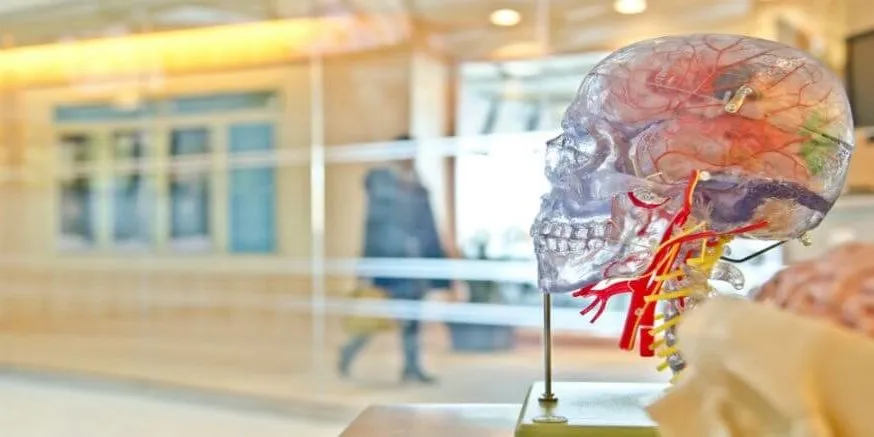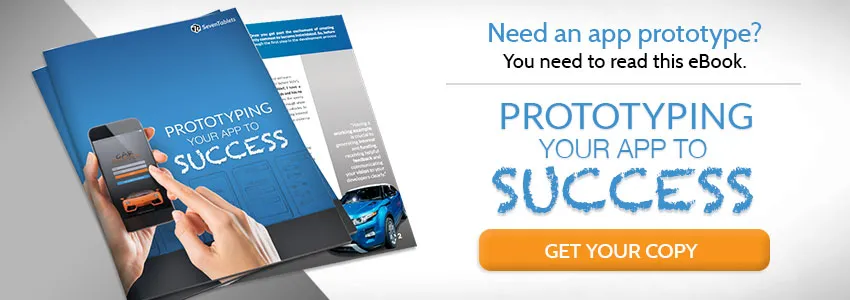Dallas is rapidly evolving into a healthcare industry hub. In fact, the health sector in this region of Texas is “greater than the health industry of 34 other states,” with even more growth expected in the coming years. The Dallas-Fort Worth healthcare industry is known for its innovation, too, which is understandable considering the city’s tech-centric culture. This makes Dallas healthcare mobile app development a thriving niche, but also a complex one due to the strict state laws.
Texas healthcare providers face a number of challenges when it comes to app development, as you’re dealing with sensitive personal information and medical records regulated by the Health Insurance Portability and Accountability Act (HIPAA). What’s more, Dallas healthcare app development projects must comply with the Texas Medical Records Privacy Act, which affords patient privacy rights that are even greater than those offered by HIPAA.
The Texas Medical Privacy Act also applies to a broader range of entities, as it covers “any person who engages in the practice of assembling, collecting, analyzing, using, evaluating, storing or transmitting personal health information.” This means that if your healthcare-related mobile app is used to gather, send or store protected health information for Texas residents, you’ll need to adhere to these standards.
With Healthcare Apps, User Trust Level Matters
Laws and regulations aside, there’s also the matter of user trust. Users simply need to feel comfortable that their personal information and medical records are safe and secure. A lack of user trust may result in your mobile app’s current users becoming inactive or uninstalling the app, while prospective users may be deterred from downloading the application in the first place.
Greater trust can be cultivated by strategically featuring and highlighting your app’s security-related features. So as you build a new mobile app or refine an existing one, you’ll need to achieve a balance between trustworthiness, security and user-friendliness—all while complying with HIPAA regulations and the guidelines put forth by the Texas Medical Records Privacy Act.
Login Security for Healthcare Mobile Apps
You can highlight your app’s security measures at the login interface using two-factor authentication. This simply means the user must perform two tasks to complete the login process. For example, they may be prompted to enter a password and then provide a fingerprint, or the user may enter a password and then input a code sent to a pre-verified phone number.
Requiring two-factor authentication for your healthcare app is an effective technique for showcasing your emphasis on security while providing users with an easy way to control access to their personal information and medical records.
Encryption and SSL Technology for Mobile Apps
Encryption is an important element of a healthcare mobile app, as it scrambles data in a way that makes it extremely challenging—if not impossible—to decipher. Both incoming and outgoing data can be encrypted.
Your team of Dallas mobile app developers can also leverage SSL technology. An EV SSL certificate elevates the security for your app because the data that passes through a secure sockets layer is encrypted. So even if that data was intercepted by a hacker, it would be virtually useless.
Integrating Data Wipe Capabilities
Since much of the information stored in a healthcare app is sensitive, it is beneficial to include a data wipe feature that allows users to remotely delete all app data if their device is lost or stolen. You can also configure the app to perform an automatic data wipe after a certain number of unsuccessful login attempts. This option gives users a sense of greater control, and it underscores your emphasis on security and confidentiality.
Security of Stored Data from the Healthcare App
It’s not uncommon for a healthcare mobile app to collect and store patient data on a server (whereas other apps may not require these measures; a small amount of relevant data may simply be stowed on the user’s device). It is essential that you ensure this server is protected by comprehensive security measures such as encryption. You’ll also need to configure the server to limit access in a manner that’s consistent with HIPAA regulations so that sensitive data is only accessed by qualified individuals when necessary.
Organizations will need to implement a strict bring-your-own-device (BYOD) policy, which should clearly detail which devices can and cannot access data submitted through the mobile app. A company may also opt to prohibit employees from using their personal devices to access this data.
When selecting a healthcare or medical mobile app developer, make sure you work with someone who understands your users’ privacy concerns and knows the federal and state laws impacting healthcare providers. In short, you need a team that can develop an app that meets your needs and fulfills all data-handling and privacy requirements.
At 7T, our team of Dallas mobile app developers can create a customized mobile app for your healthcare-related company or organization. We have offices in Dallas, Houston and Austin, which means we’re well-positioned to serve clients across Texas (although we have clients spanning the U.S. and beyond).
7T has developed an open source app platform called STAX, which boaststhe military-grade security features medical apps demand, like 4096-bit SSL encryption and our Brigade security interface, among other things. This highly-refined platform allows us to slash development time frame by upwards of 30 to 40 percent—a major advantage as you strive to put your application to use as soon as possible. If you’re ready to begin the development process for a mobile app that’s both secure and user-friendly, contact 7T.











